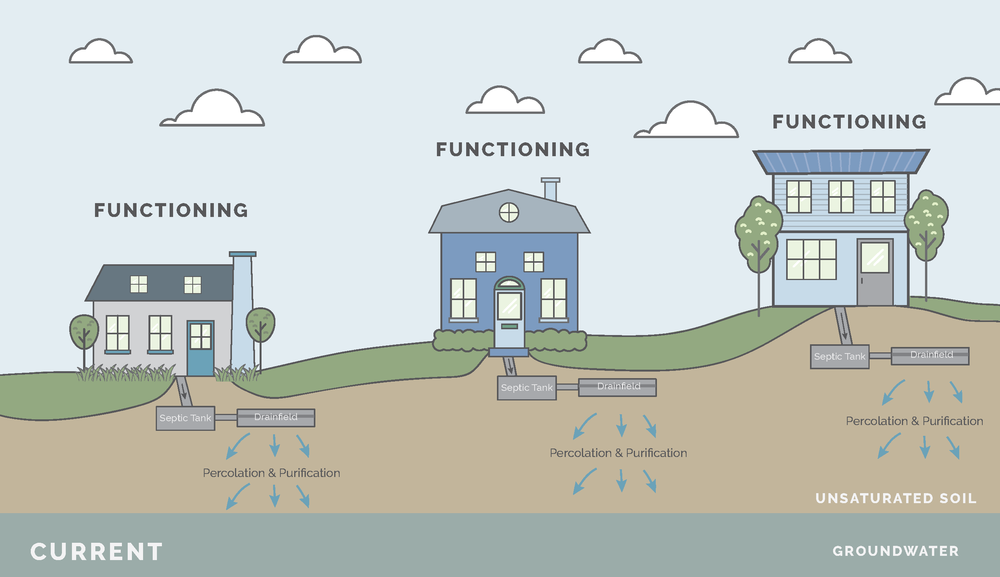Section Branding
Header Content
Rising Seas Threaten Georgia's Coastal Septic Systems
Primary Content
By the end of the century, sea levels off the Georgia coast are expected to rise anywhere from one to eight feet. Climate change is also predicted to pose other threats to Georgia communities including more violent hurricanes and heavier rainfall. A lesser-known potential problem affects septic systems.
GPB and the Savannah Morning News are investigating that issue thanks to a grant from the Pulitzer Center on Crisis Reporting. GPB’s Emily Jones is spearheading the project and spoke with Rickey Bevington about it.GPB and the Savannah Morning News are investigating how sea level rise threatens septic systems on the coast.
Emily’s project with Mary Landers of the Savannah Morning News is part of the Pulitzer Center's nationwide Connected Coastlines reporting initiative.
For more information, go to Pulitzercenter.org/connectedcoastlines.
Look for the first stories in the series early next year.




